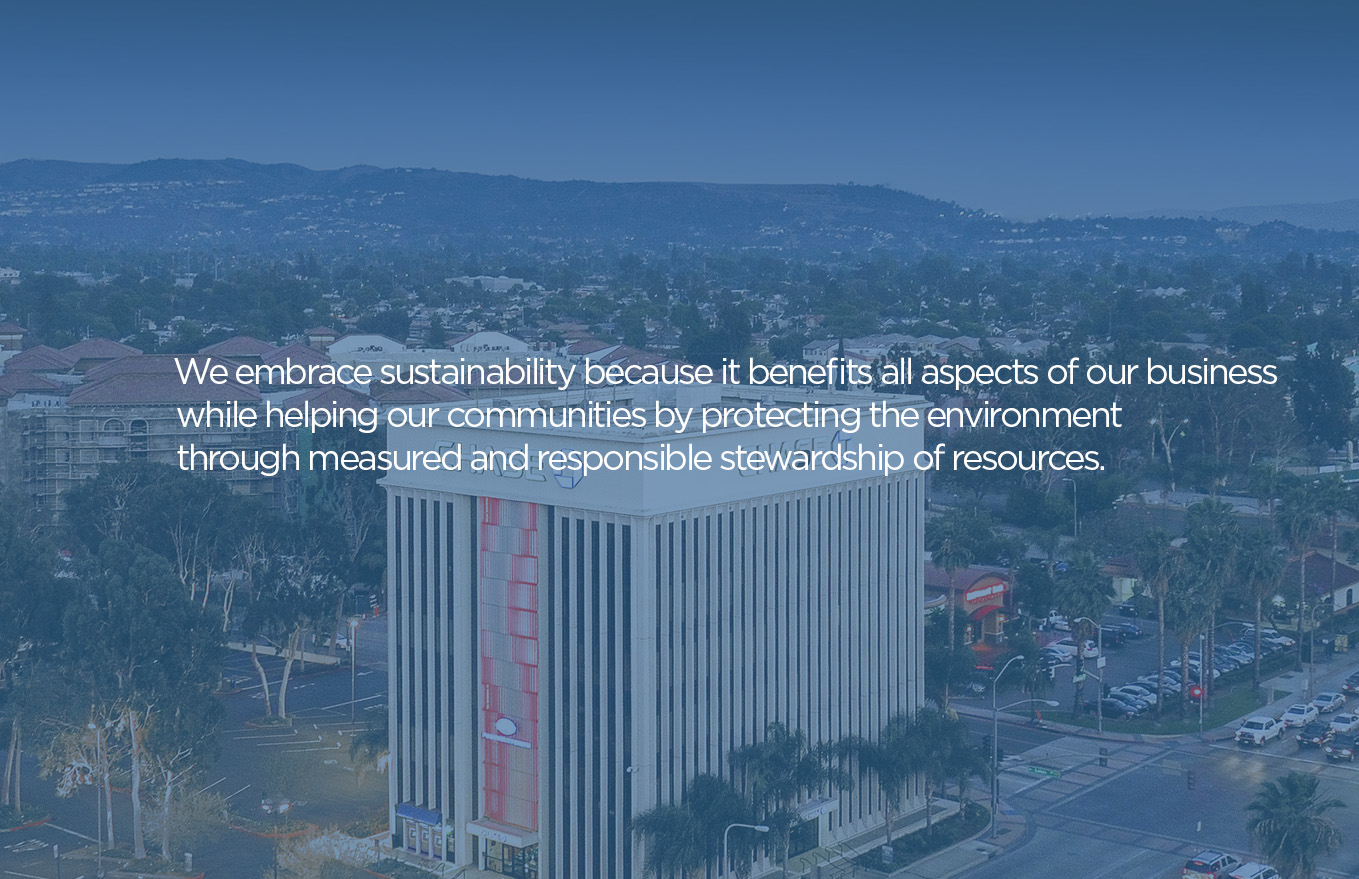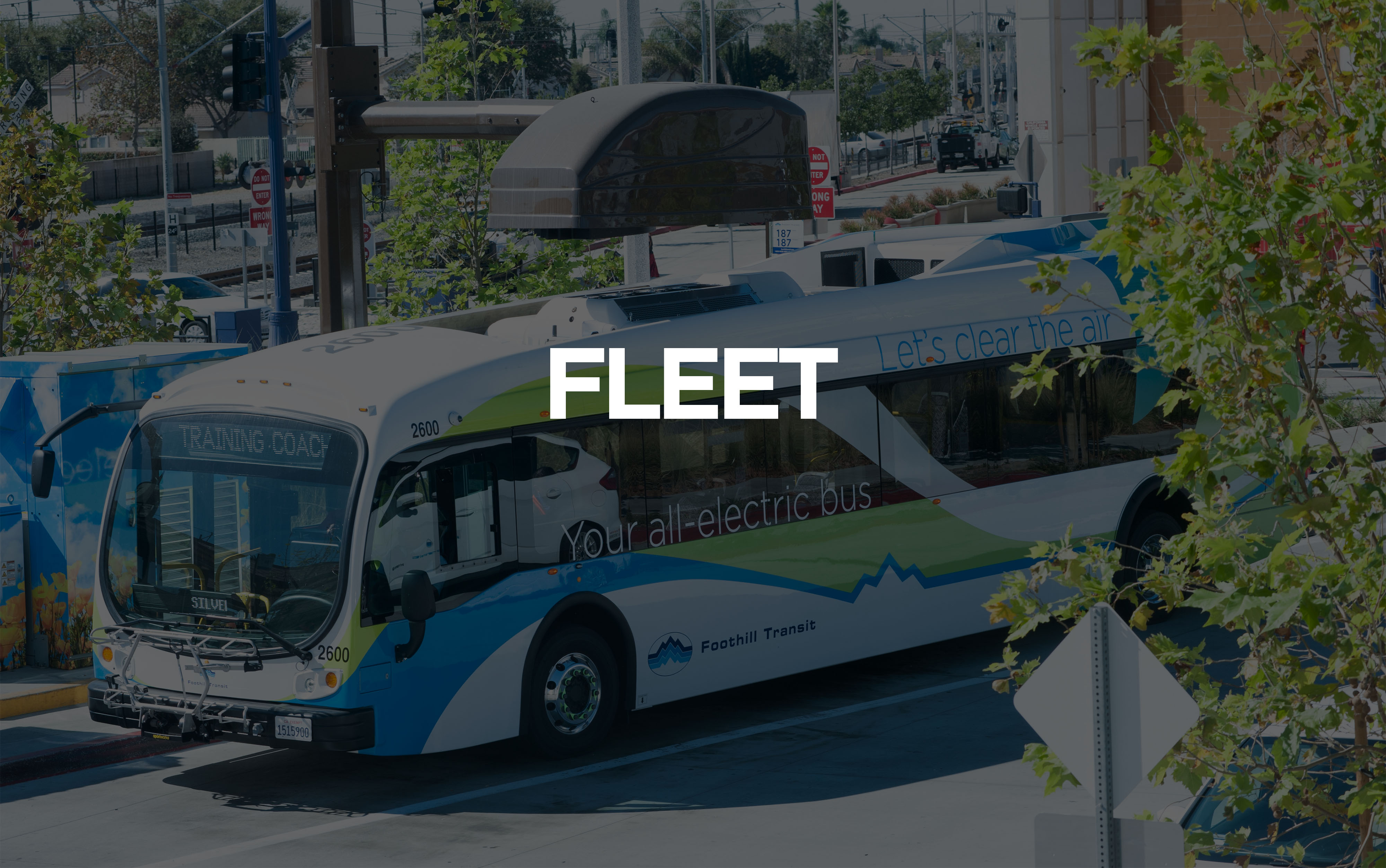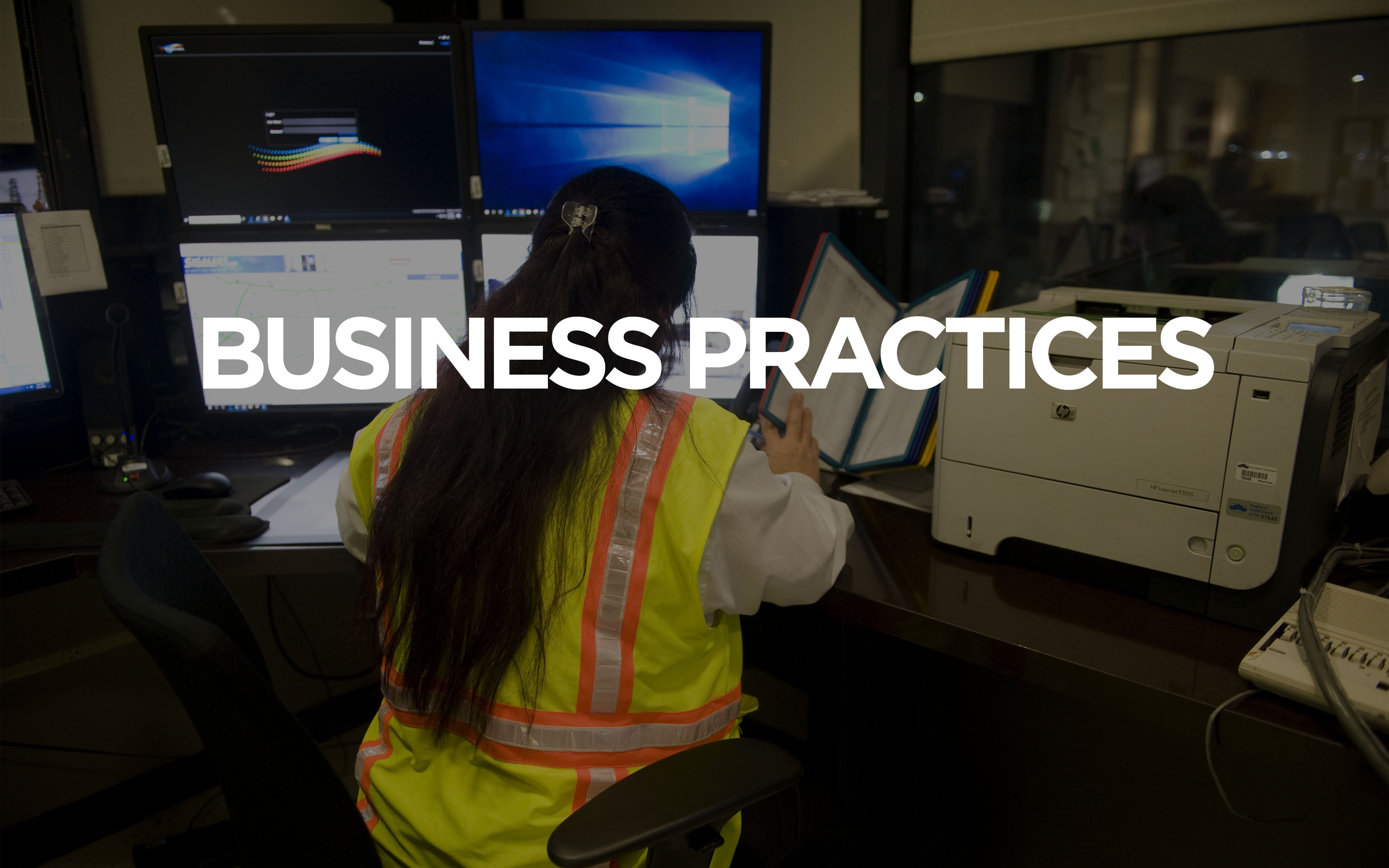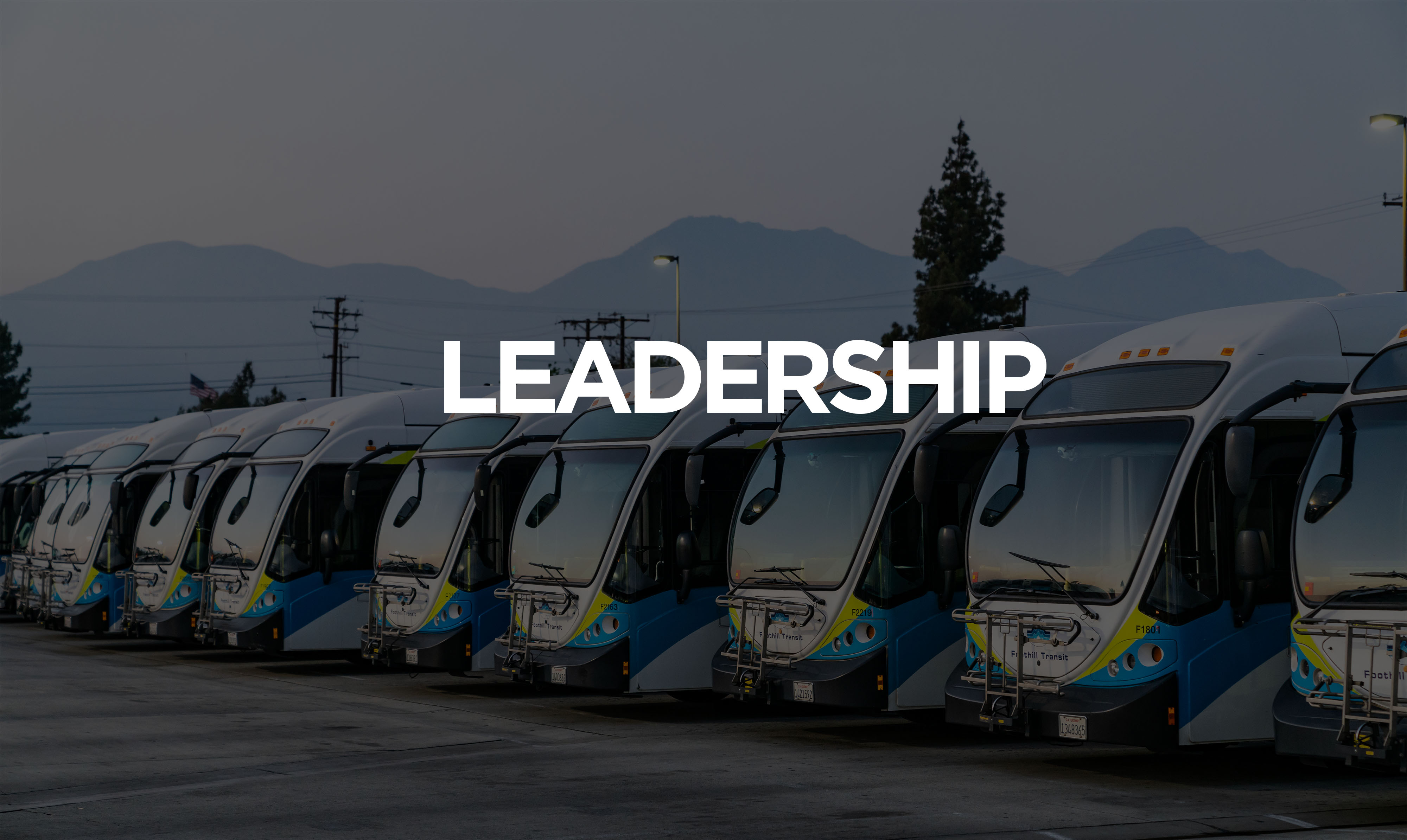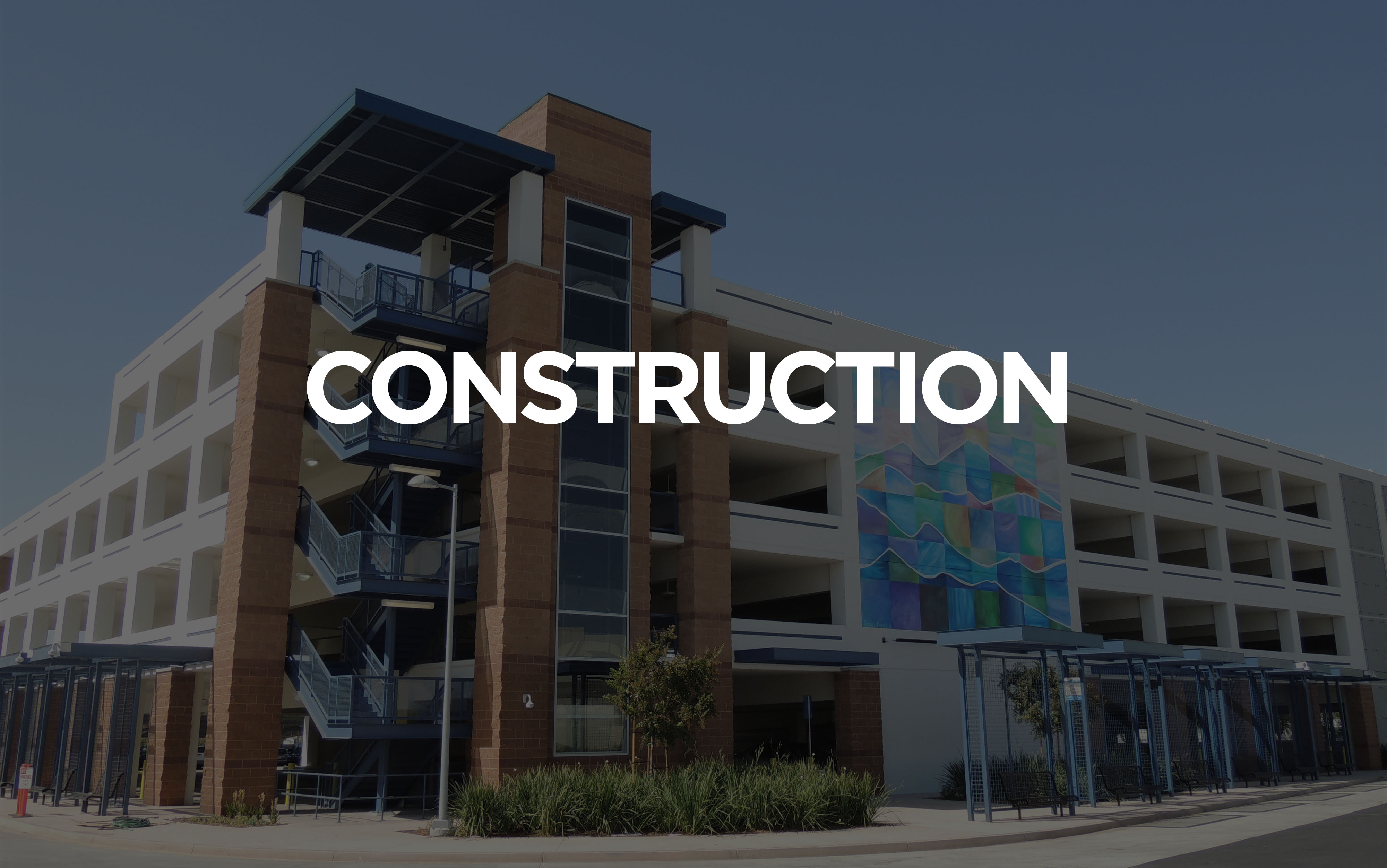Sustainability
At Foothill Transit, we embrace sustainability because it benefits all aspects of our business, while also helping our communities by protecting the environment through measured and responsible stewardship of resources.
Let's Clear The Air
Foothill Transit has led the charge in sustainable transportation for years. It’s why we were the FIRST IN THE COUNTRY to put fast-charge electric buses on the roads. It’s why we launched CALIFORNIA’S LARGEST FLEET OF HYDROGEN FUEL CELL BUSES. It’s why we consistently monitor and measure the environmental impact of everything we do. Because we believe in guilt-free trips. In exploring the earth — not exploiting it. And that with your help, we can make SAVING OUR PLANET as simple as going for a ride.
Foothill Transit is committed to operating a 100% zero-emission bus fleet. Since 2010, we’ve operated a fleet of 33 electric buses, one of the largest in the nation. In 2021, we added two Alexander Dennis battery electric double deck buses to our fleet.
And now, we continue to lead the charge in sustainable transportation with America’s largest procurement of Xcelsior CHARGE H2™ hydrogen fuel cell buses. Foothill Transit is proud to offer clean, quiet, and safe rides on our fleet of 33 HFC buses (with 19 more on the way!).
To date, our electric and HFC bus fleet has driven over 4.7 million miles and provides zero-emission service to residents in the San Gabriel Valley.
To support our HFC fleet, hydrogen fuel is stored at the new Pomona Hydrogen Fueling Station in a 25,000-gallon tank – the largest hydrogen fuel tank used for transit in North America. Buses can be refueled in 7-10 minutes and can travel up to 300 miles on a single refueling.
The Arcadia bus yard has 14 above-ground plug-in depot charge stations for our electric bus fleet. These charge stations supplement 2 existing in-route fast-charge stations at a transit center in Azusa.
Foothill Transit operates 2 in-route fast-charge stations at a transit center in Azusa. The Azusa charge stations were commissioned in September 2017 and allow us to extend the range of electric buses to meet demands for Line 280. This line runs between Azusa and Puente Hills and provides a connection to Metro rail service.
Our low and no emission buses have allowed us to remove our diesel storage tanks from our operation facilities and to remove and mitigate any diesel leakage around the tank areas.
Even the mini bus we use for parades is fully electric!
Our low and no emission buses also generate low carbon fuel credits as part of the California Low Carbon Fuel Standard.
Not only are all of our buses low-to-no-emission, all of our company vehicles are either hybrid or fully electric. We installed electric vehicle chargers in the parking lot of our administrative offices so that both our company cars and visiting electric vehicles can charge up and help keep air pollutants out of our community.
Our administrative offices are also enhanced with attractive low-water landscaping, or “xeriscaping”.
Inside the building, all of our restroom faucets have low-flow aerators to help us use less water. In addition, both the faucets and our office lighting are controlled by motion sensors, which means they automatically turn off when not in use. Our staff members have kitchenettes on each floor equipped with reusable dishes and silverware, so that we can avoid using disposable dishes when we host events or during our lunch breaks.
Every month, our “Eco Team” works with the staff to help them make sustainable decisions at work — things like printing on both sides of the paper and expertly loading dishwashers so that the dishes don’t have to be rewashed.
Both of our operations and maintenance facilities are equipped with rooftop solar panels. We recently replaced the HVAC (heating and air conditioning) system at our Pomona operations and maintenance facility with a high-efficiency system, including a thermoplastic white roof. This roof reflects away the hot Californian sun so that we need less energy to cool the building. We’ll soon do the same at our Arcadia facility. The bus washes that keep our buses shiny and white recycle the water, so there’s less waste. The diesel generators at our facilities have been replaced by CNG generators.
All of the lighting fixtures at our City of Industry Park & Ride are LEDs, which use very little electricity.
The American Public Transportation Association (APTA) has recognized Foothill Transit for reaching the Platinum Level, the highest recognition possible, in the APTA Sustainability Commitment Program.
We are the first bus-only public transit system in North America to attain APTA’s Platinum Level for significant sustainability accomplishments. In fact, there are only five public transit systems in North America that have attained this top Platinum Level. Foothill Transit was a founding signatory of the APTA Sustainability Commitment in 2009, and received Gold Level recognition in 2015. Public transit systems and businesses who voluntarily participate in the APTA Sustainability Commitment program pledge to implement processes and actions that create continuous improvements in environmental, social, and economic sustainability.
We are in the process of constructing a new layover facility in downtown Los Angeles with LADOT and AVTA. This facility will allow our Commuter Express buses to stay downtown after the morning commute instead of returning to the operations and maintenance facility in Pomona — a round trip distance of 68 miles! This will significantly reduce the amount of fuel we must use, as well as extending the lifetime of our buses. AVTA buses, which have to travel even farther than ours, will have the same benefits.
We recently opened a new transit center in the City of Covina, where we operate a parking structure that is as close to “net zero” energy as possible. In other words, the facility generates as much energy as it uses. The roof has solar panels like our operations and maintenance facilities. The lighting fixtures are all be LEDs, which use very little electricity. We even capture rainwater to use for irrigating the landscaping.
The Foothill Transit Environmental Policy is communicated annually to all Foothill Transit team members and those working on Foothill Transit’s behalf, including all contractors and vendors. In order to fulfill the commitments made in this policy, all Foothill Transit team members and those working on Foothill Transit’s behalf are responsible for incorporating this policy into their plans and work.

